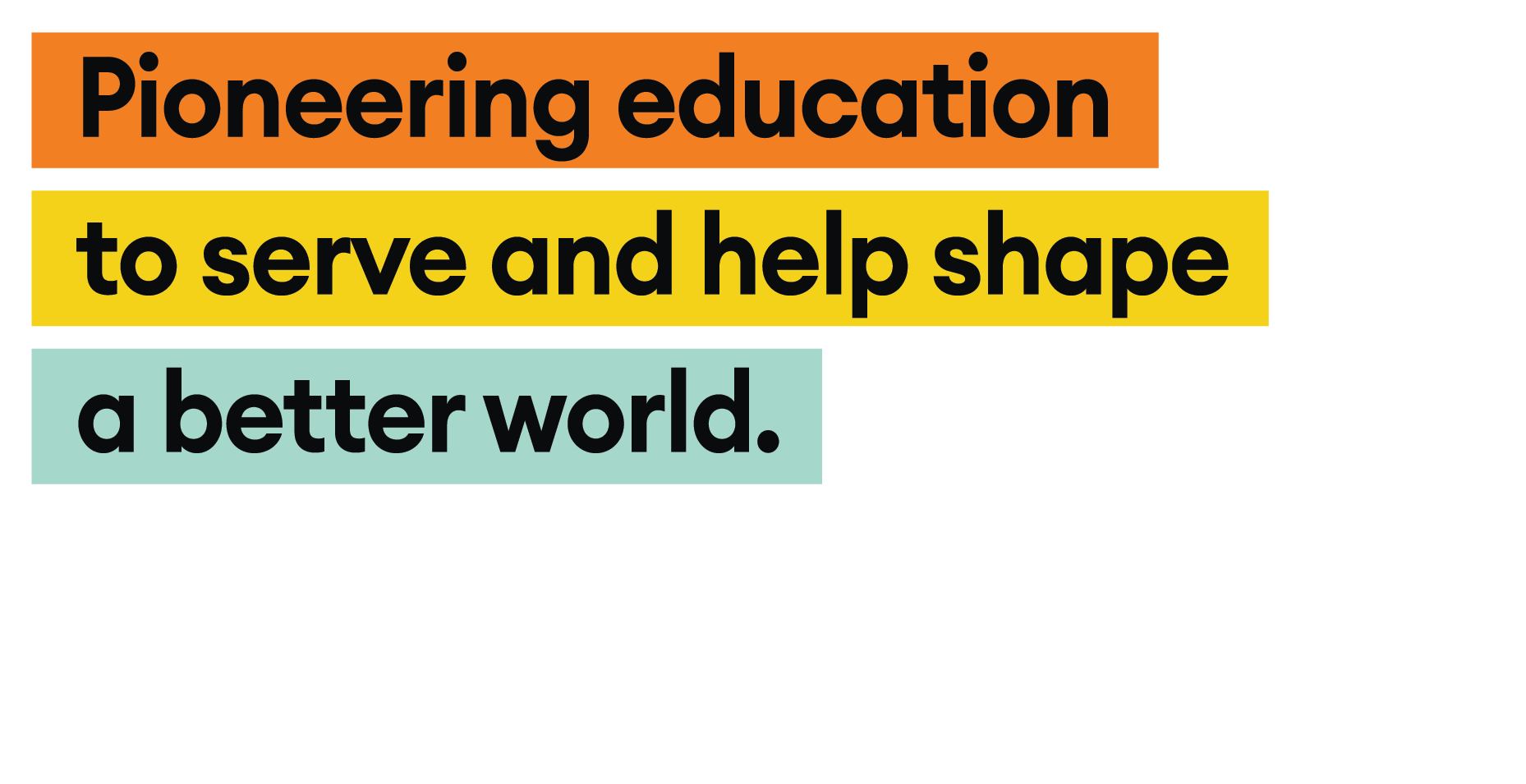Educational Insights | Speech, Sound and Language Awareness

Davina Edwards
Reception Teacher
Phonological awareness is a meta-cognitive skill (i.e., an awareness/ability to think about one's own thinking) for the sound structures of language. Phonological awareness allows one to attend to, discriminate, remember, and manipulate sounds at the sentence, word, syllable, and phoneme (sound) level. This is purely an auditory and oral skill.

Phonological awareness is a skill that should ideally be mastered prior to phonics acquisition. Within phonological awareness, there are a set of subskills. The mastery of these subskills enables the learner to read and write independently. It has many aspects which will be outlined in this article. Phonological awareness is often depicted as an umbrella. There are a set of subskills called phonemic awareness skills. These skills are in the later part of phonological awareness acquisition.
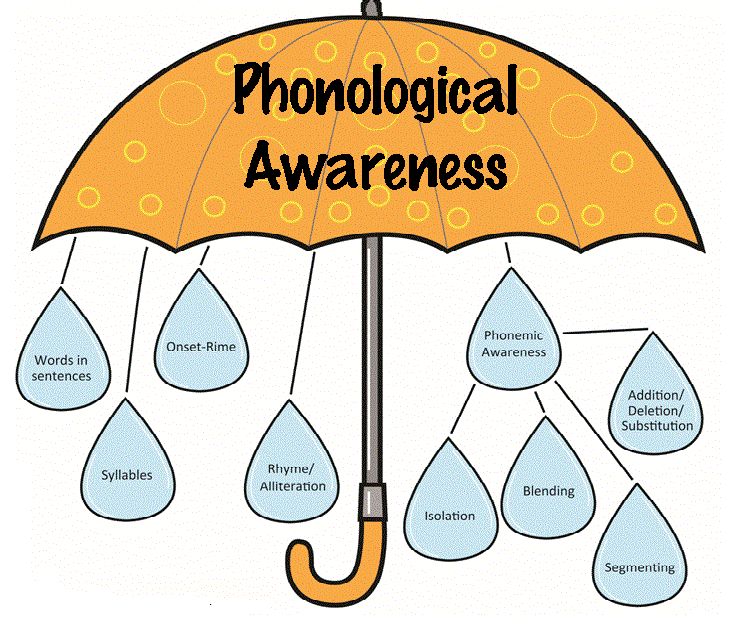
Resource: https://www.pinterest.com/pin/24769866680684626/
Initially, the learner’s ability to hear the number of words in a sentence. This is developed by language immersion. Songs, rhymes and role-play activities support the early language learner to acquire this skill. Another foundational skill is alliteration. Alliteration acquisition is the child’s ability to hear when the initial sound in each word, in a sentence or phrase sounds the same. For this reason, many children’s books and literature include this in their prose. Hence, it is imperative for early learners to have stories read to them daily.
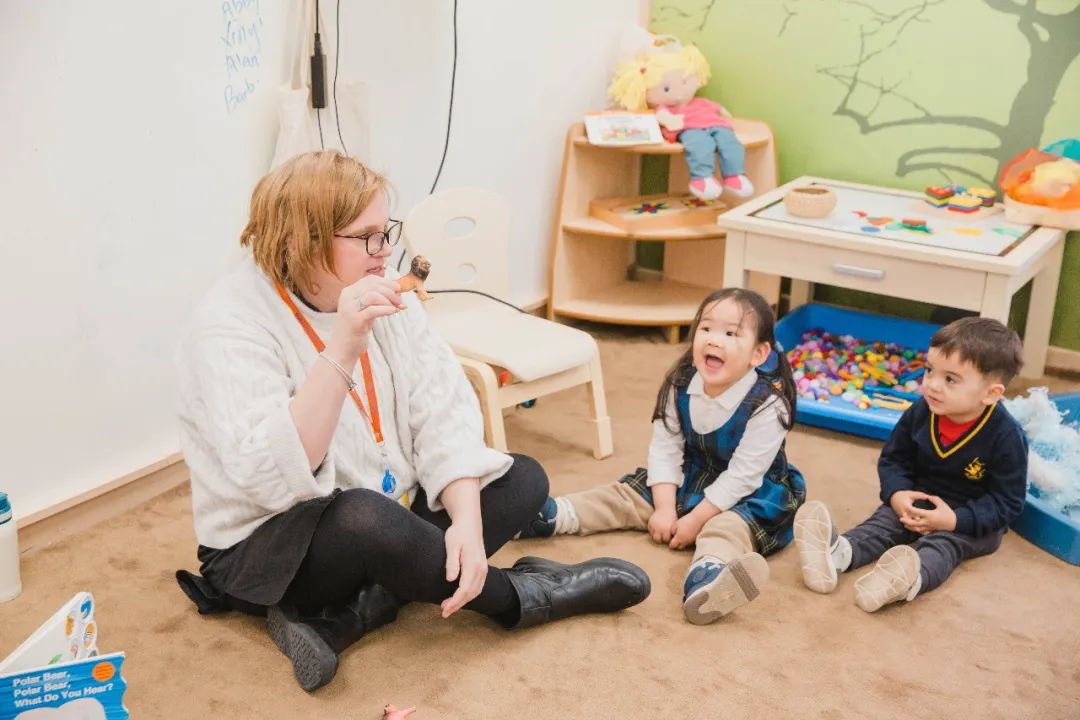
Rhyme is another skill that is debatably acquired before alliteration. Much like alliteration, it is used in many children’s literature, songs, stories and poems. Rhyme is when words sound the same at the end. Phonological awareness enables the learner to, hear that the words sound the same at the end rather than, how they are spelt. Later, this may support the learner when they come to spell and decode the words. The learner would have a greater awareness of word families and use this knowledge to, make good attempts when reading and writing independently.
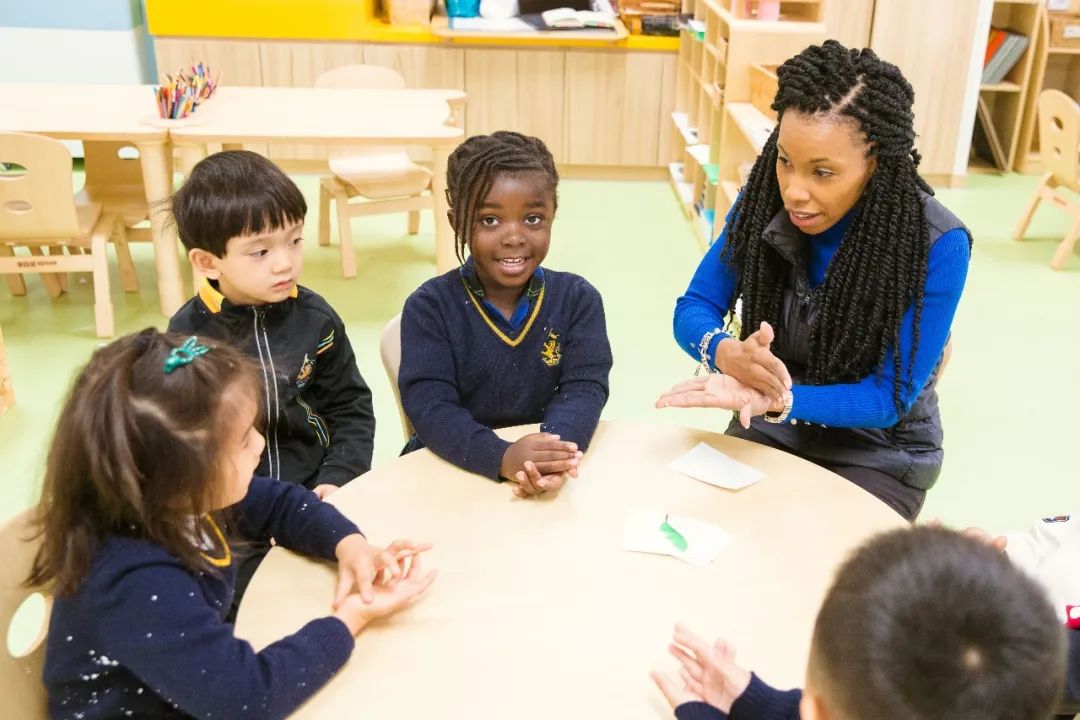
Onset and Rime also help the learner’s foundational skills. Onset and rime is the acquisition of hearing the initial sound and the final cluster. This skill needs to be taught and practised to, support reading fluency. This can be taught and introduced in the form of, games using picture cards. To be assessed, the learner should be provided with no prompts to, examine to what extent the skill has been acquired. Tuning in to the teacher’s voice, then isolating parts of words in this way to demonstrate learning.
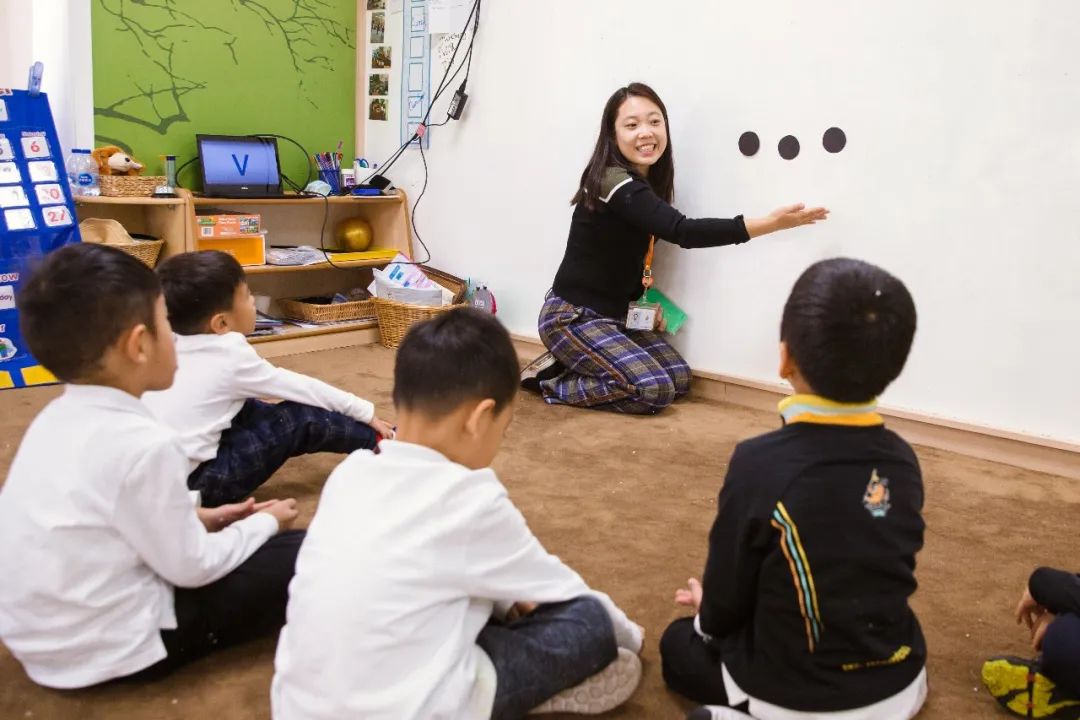
Syllables in a word. The learner can segment the word into its’ syllable sounds. Here at Wellington, we use the scheme Read Write Inc. (RWI). Within RWI the initial ‘Fred Talk Games’, introduce oral blending and segmenting. Some of these games are provided in the form of syllable segmentation.

Now we move into the more complex skills of phonemic awareness, still under the umbrella of phonological awareness, and phonemic isolation. Phonemic isolation enables, early readers, to decode with ease when they transition to decoding CVC (consonant, vowel, constant) words. These words are heavily used in early reading books. The ability to be able to hear the initial, medial and final sound in a CVC word. Phonemic isolation games help children to be able to identify these sounds. The vowel sounds are often more challenging for the learner to hear and isolate. Time spent honing this skill is invaluable. Remembering all the while, this is all without ever seeing a letter, just hearing and producing the sounds in words.

Then oral blending and segmenting. This again is a prerequisite to CVC decoding. Again, ‘Fred Talk Games’, in RWI, introduces oral blending and segmenting of phonemes in CVC words.
The mastery skills of phonological awareness involve manipulation of phonemes: Addition, deletion and substitution.
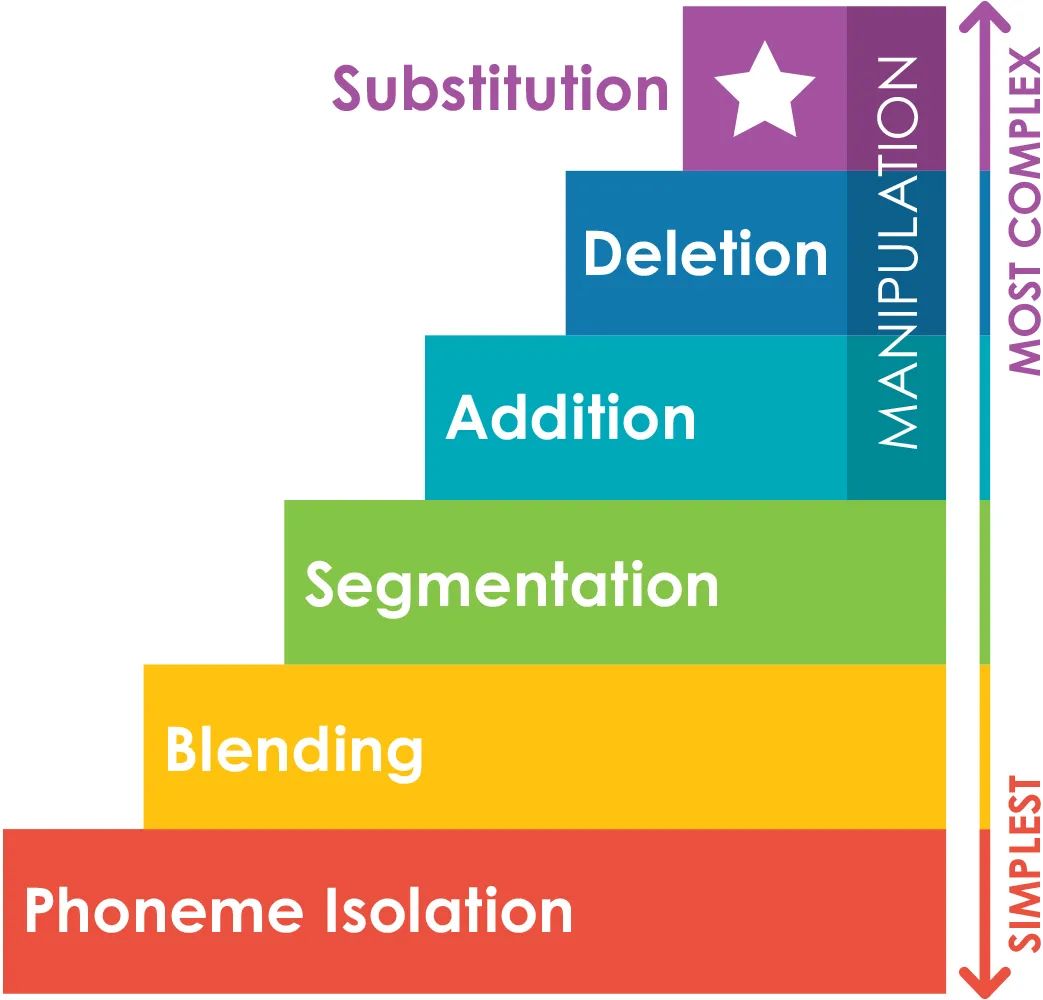
Resource: https://www.reallygreatreading.com/six-layers-phonemic-awareness
Phonemic awareness exercises are not only fun but essential to proficient word recognition and decoding. Seidenberg (2017) tells us that, “we read with our eyes but the starting point for reading is speech.” Research has shown that learners having mastered phonological awareness skills are 60%-70% more proficient when decoding than those who have not. You can help at home by reading to your child daily. Singing songs and nursery rhymes all support your child in, becoming proficient, independent, readers and writers.
References:
https://www.reallygreatreading.com/six-layers-phonemic-awareness
http://dyslexiahelp.umich.edu/professionals/dyslexia-school/phonological-awareness#:~:text=Phonological%20awareness%20is%20a%20meta-cognitive%20skill%20%28i.e.%2C%20an,phoneme%20%28sound%29%20level.%20Examples%20follow%20for%20each%20level%3A
Related Articles








 Channel
Channel 
 Linkedin
Linkedin  Weibo
Weibo  Facebook
Facebook  Ins
Ins 







